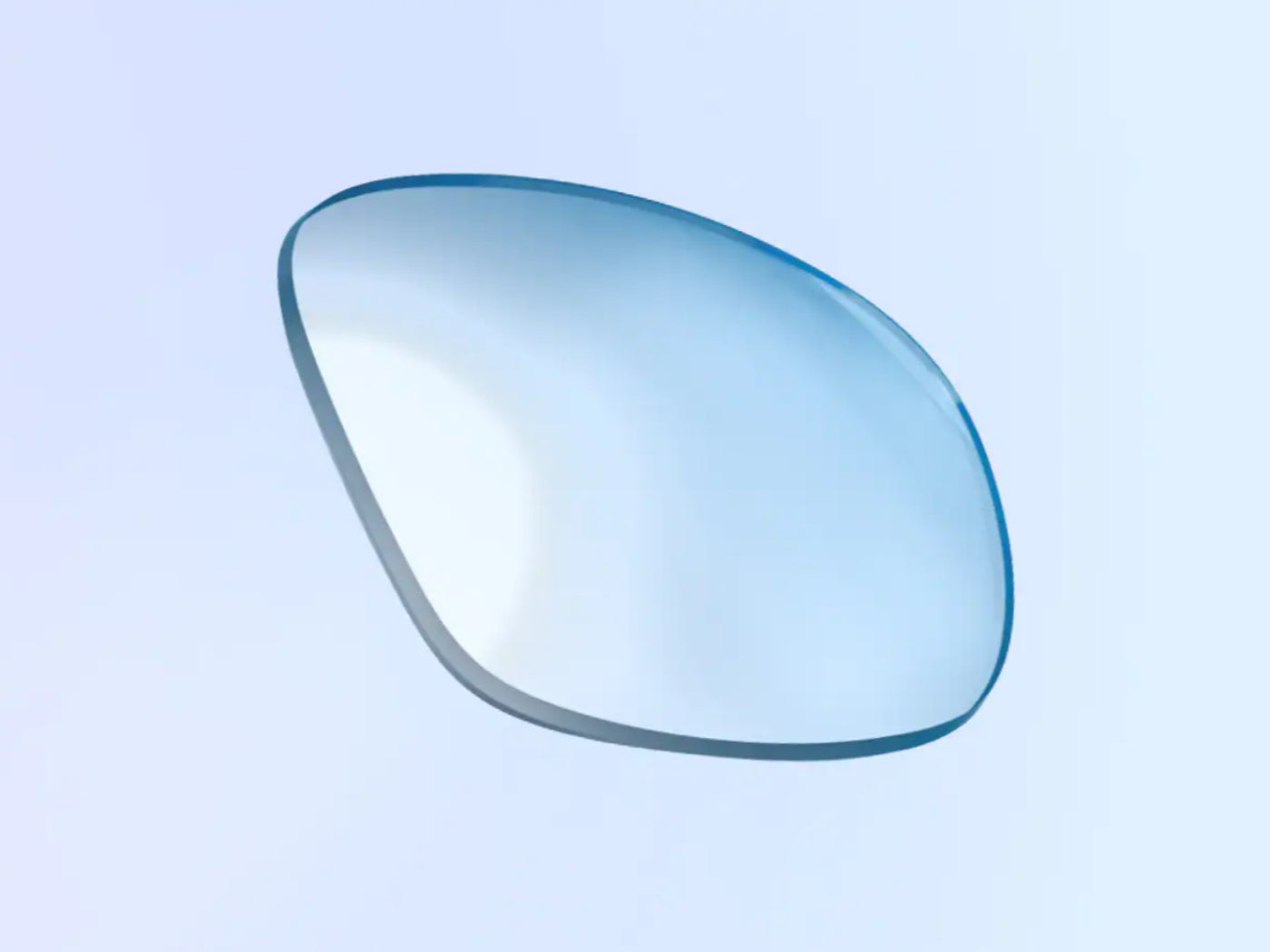When you search online buying prescription lenses for Oculus Quest 2, you usually find an option called blue light filter. Many people may be confused about what blue light is and how it might affect your eyes. It's necessary to understand that there are techniques to protect your eyes against the blue light. People wearing oculus quest 2 prescription lenses may hear blue light filters, but don't get blue light filter. It's worth understanding what blue light is and what it comes from before shopping for a pair of quest 2 prescription lenses with blue light features.
What Is Blue Light?
Blue light has a wavelength range of 380nm to 500nm, which is in the middle of the light spectrum. It is the highest energy visible light having the shortest wavelength. When compared to certain other visible light colors, blue light is unique in that it can travel all the way to the retina, which is the back of the eyes' inner lining.
Ultraviolet rays are similar, but not as harmful because UV rays can physically harm the skin as well as other living tissue. The human eye is better at filtering UV rays than it is at blocking blue light from reaching the retina.
Although blue light might be damaging to your eyes, this does not indicate that all blue light is harmful. Blue light exposure with the adequate time can benefit your health by increasing alertness, improving memory, and improving mood. Blue light exposure during the day can also aid in the maintenance of a healthy sleeping pattern.
What Projects Blue Light?
The primary source of blue light is sunlight, although there are several man-made indoor sources of blue light, including computer screens, iPads, flat-screen televisions, eBooks, tablets, smartphones, VR headset like Oculus Quest 2, and so on. Although the amount of light released by electronic gadgets is a small fraction of that emitted by the sun, it can nonetheless be damaging. Optometrists as well as other health practitioners are concerned about blue light's potential long-term impacts.
Ophthalmologists are worried about the future effects of blue light because people spend roughly six hours a day using a computer. Doctors know that too much blue light exposure at night can disturb sleep cycles, resulting in daytime tiredness. In terms of possible eye damage, there isn't much data to show or contradict that blue light from computer screens creates long eye damage.
However, scientists will need more time to determine whether blue light from computer screens as well as other electronic devices has long-term impacts. We can't escape blue light because we rely on these gadgets for daily work, but that doesn't mean you can't take steps to safeguard your eyes from the potential harm blue light might do.
Prescription Glasses with Blue Light Filter
You can have an anti-reflective coating with a blue blocker or purchase a pair of clear polycarbonate lenses with a blue-filtering pigment within. Both solutions are effective at reducing blue light levels, but they each have their own set of benefits and drawbacks.

All of our eyeglasses come with an anti-reflective (AR) coating with a blue blocker as an option. AR coating is excellent because it minimizes blue light while also lowering eye strain and making your glasses look more beautiful. An AR coating can help make your eyeglasses practically invisible by removing reflections, allowing other people to see not just your eyes but also your facial expressions more completely.
There are some drawbacks to using a blue blocker in an AR coating. It barely blocks 85% of the blue light, for reference. Some people may enjoy this, while others may desire better results. Cleaning is another disadvantage of having an AR coating. If the lenses are not cleaned properly, they may become scratched. Using a dry towel on a dry lens will easily scratch it, therefore always clean the lens with a moist cloth.
If you don't want to go with an AR coating with a blue blocker, clear polycarbonate lenses manufactured specifically for you might be the best option. Prescription lenses with a specialized pigment that filters out blue light are available. Not only do polycarbonate lenses prevent UV light naturally, but they also block the same amount of blue light as an AR coating. Additionally, your vision is as clear as it would be without the inserted pigment in ordinary lenses.





